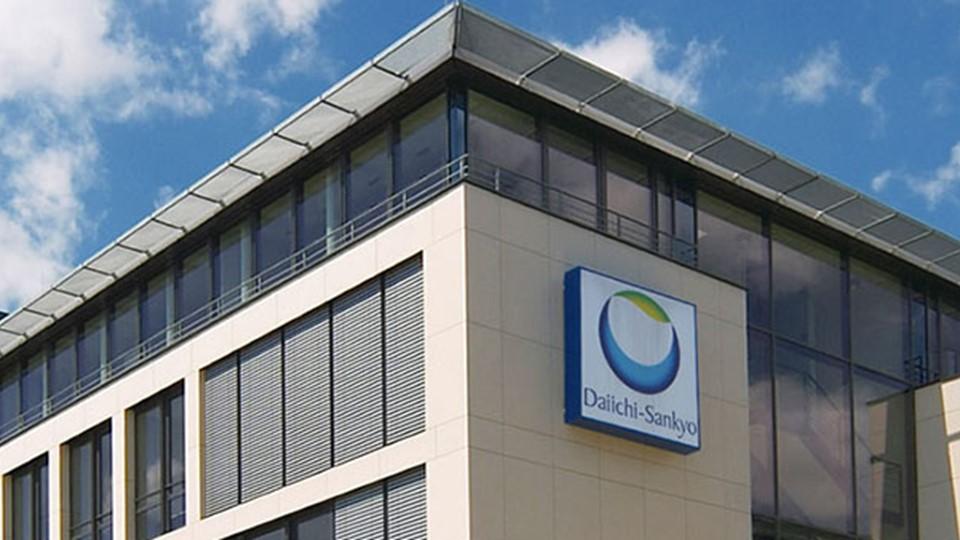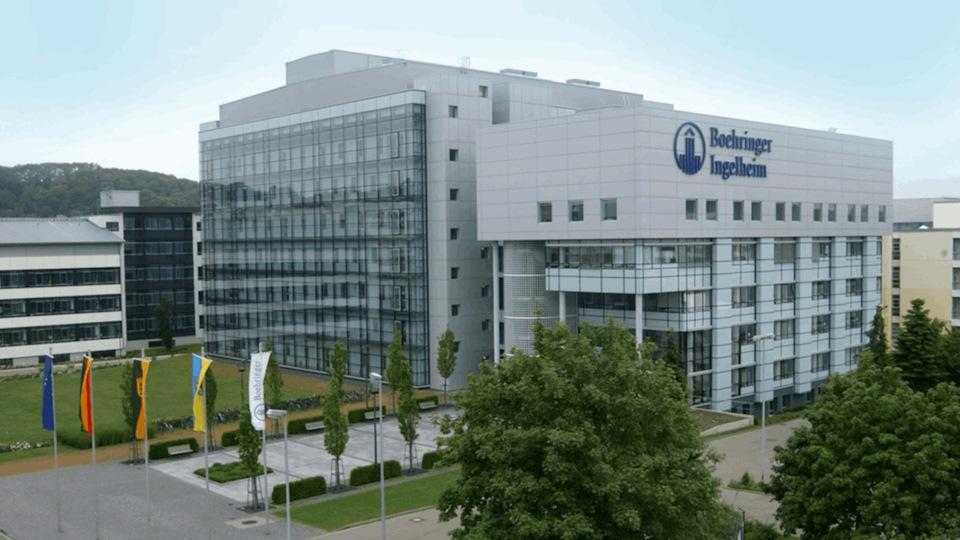MSD sinks $4bn upfront into ADC pact with Daiichi Sankyo

Daiichi Sankyo’s antibody-drug conjugate (ADC) franchise has generated another massive licensing deal, this time from MSD, which is paying $4 billion upfront for rights to three cancer candidates in a deal that could be worth up to $22 billion.
The agreement includes another $1.5 billion in spaced payments over the next two years, plus $16.5 billion in potential milestones, and gives MSD rights to HER3-targeting patritumab deruxtecan, B7-H3-directed ifinatamab deruxtecan, and raludotatug deruxtecan, which binds to CDH6.
For MSD – known as Merck & Co in the US and Canada – the deal bolts on three drug candidates that could help offset the hit to revenues that the company is facing when its $20 billion-a-year cancer immunotherapy Keytruda (pembrolizumab) starts to lose patent protection in 2028.
All three are vying to be the first in their class. Patritumab deruxtecan (HER3-DXd), which generated promising phase 2 data last month, is due to be filed for EGFR-mutated non-small cell lung cancer (NSCLC) before the end of next year based on response data seen in the HERTHENA-Lung01 study and has breakthrough status from the FDA.
HER3 is expressed in more than 80% of EGFR-mutant NSCLC, and overexpression is associated with poor outcomes, but no HER3-targeted drugs have been approved to date.
Ifinatamab deruxtecan (I-DXd), meanwhile, is in mid-stage testing in previously treated extensive-stage small cell lung cancer (SCLC), with phase 1/2 results showing signs of activity, while raludotatug deruxtecan (R-DXd) is in first-in-human testing and is being developed initially for ovarian cancer.
The deal will invite immediate comparisons with Daiichi Sankyo’s alliance with AstraZeneca on HER2-targeting ADC Enhertu (trastuzumab deruxtecan), already approved for multiple cancers, including breast cancer, and TROP2-targeting datopotamab deruxtecan (Dato-DXd).
Those agreements had top-line values of $6.9 billion and $6 billion, respectively, and $2.3 billion in upfront and early payments, and the sums involved across the AZ and MSD deals are an endorsement of Daiichi Sankyo’s DXd ADC technology.
The deal leaves Daiichi Sankyo with one unpartnered clinical-stage DXd programme, namely DS-3939, a TA-MUC1-directed ADC that started trials last month in advanced solid tumours, including NSCLC, breast, urothelial, ovarian, biliary tract, and pancreatic cancers.
MSD's chief executive, Robert Davis, said the agreement will help the company “augment and diversify our oncology pipeline, while building on our immuno-oncology foundation.”
His counterpart at Daiichi Sankyo, Sunao Manabe, said the deal would accelerate the delivery of the ADCs to patients and continues his company’s “transformation into a global oncology leader.”
At one point, MSD was linked to a possible takeover of US ADC specialist Seagen, which eventually agreed to be acquired by Pfizer for $43 billion.













